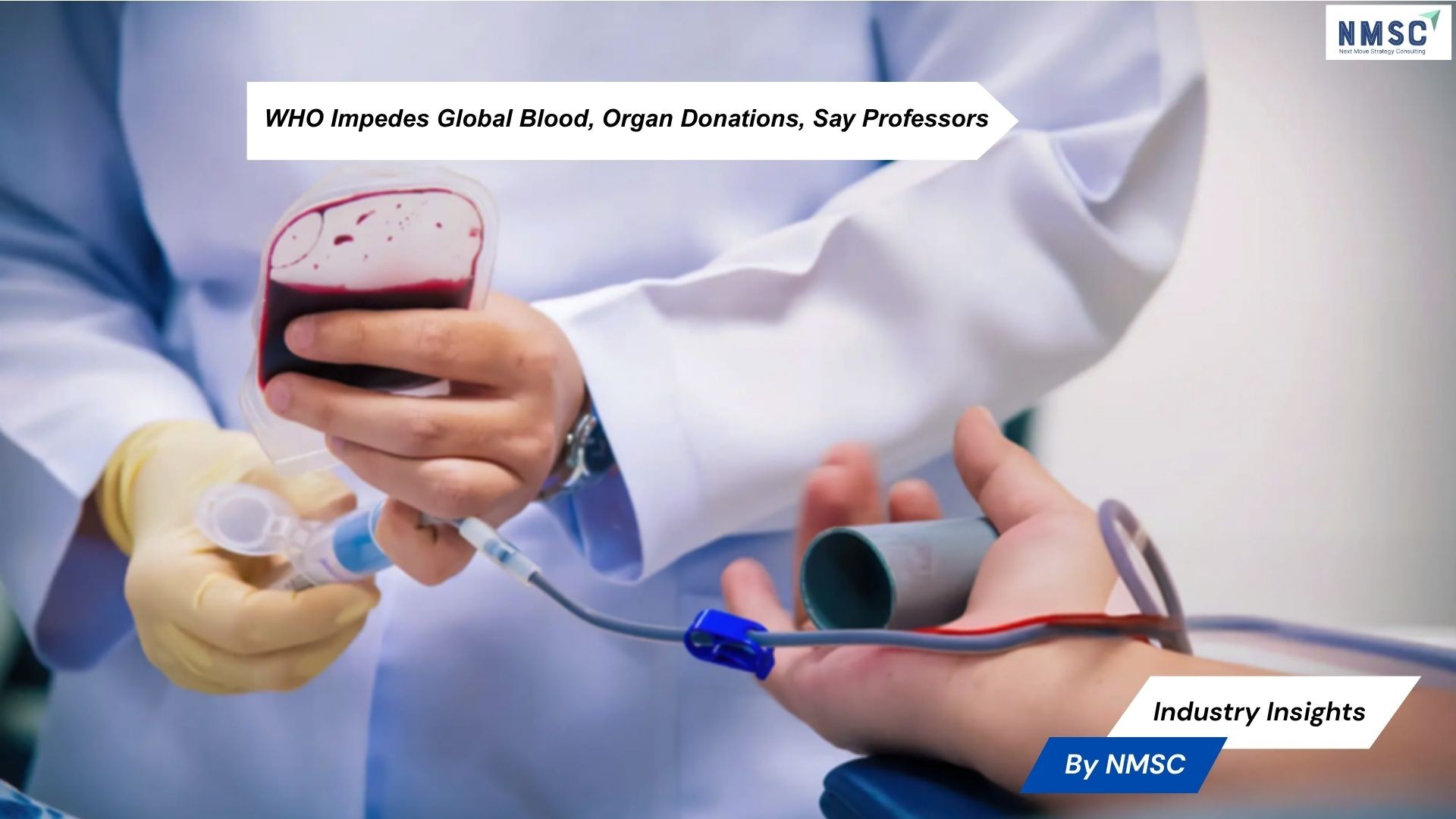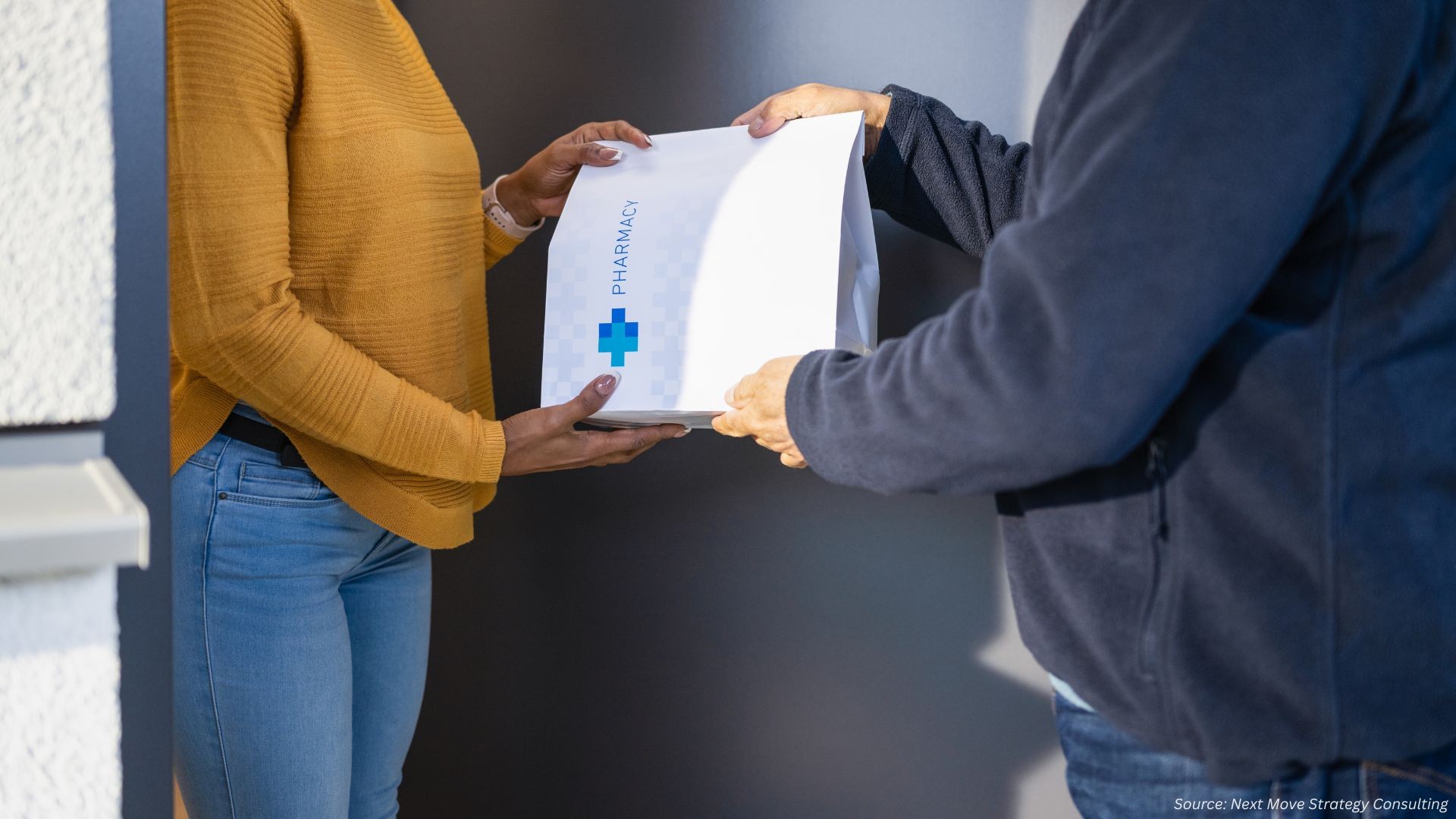Legal Scholars Challenge WHO’s Stance on International Blood and Organ Exchange
Published: 2025-07-09

WHO Guidelines on Organ and Blood Donation Face Sharp Criticism from UVA Law Expert
The World Health Organization’s guidance on blood and organ donation is blocking the benefits of international cooperation and costing lives, says University of Virginia Law Professor Kimberly Krawiec. Together with Nobel-winning economist Alvin E. Roth of Stanford University, Krawiec co-authored a recent paper that questions the effectiveness of WHO’s longstanding principles.
Outdated Policies, Missed Opportunities
In their paper titled “WHO Says Countries Should Be Self-Sufficient In (Unremunerated) Organs and Blood,” Krawiec and Roth argue that the WHO’s twin policies of national self-sufficiency and unpaid donations are no longer viable. These policies hinder cross-border exchanges of blood and organs and fail to meet modern medical needs, especially in low- and middle-income countries (LMICs).
Shortages with Global Impact
The authors cite severe shortages in both blood products and transplantable organs, noting that even wealthy nations struggle with seasonal deficits. In LMICs, the situation is worse—insufficient blood availability leads to avoidable deaths during childbirth, accidents, or childhood illnesses. The global shortage of plasma-derived medicinal products (PDMPs) is especially critical and largely preventable, the authors note.
A Case for Cross-Border Donation
Krawiec and Roth point to the U.S.—which allows paid plasma donations—as supplying 70% of the world’s plasma needs. European countries like Germany and Austria, which also permit compensated donation, contribute another 20%. Yet many LMICs cannot collect sufficient plasma or face policy and funding restrictions that are influenced by WHO guidelines discouraging international purchase.
Why WHO's “Twin Principles” Fail
The researchers highlight how WHO’s emphasis on national self-sufficiency may lead countries to avoid participating in international kidney exchange programs and limit access to larger donor pools, particularly harming smaller nations. For instance, a patient in Denmark (population ~6 million) has far less chance of finding a kidney match than one in the United States (population ~300 million). An international system would allow Denmark to benefit from larger donor pools without depleting American resources.
Policy Recommendations for a Global Health Overhaul
To address these inequities, the authors suggest:
-
Allowing LMICs to purchase blood products using foreign aid.
-
Encouraging cross-border kidney exchanges.
-
Launching regulated pilot programs to study safe and ethical incentive models for donation.
They argue that a flexible, cooperative, and data-driven approach to blood and organ donation will better serve global health interests than rigid ideologies.
What are the possible risks and benefits of allowing low- and middle-income countries to purchase plasma from exporting countries like the United States?
The U.S. is already one of the world’s largest exporters of plasma, with wealthy countries routinely purchasing plasma-derived medicinal products (PDMPs) from paid donors. Decades of data confirm that PDMPs sourced from paid donors are just as safe as those from unpaid donors.
However, current WHO policies and the actions of wealthy nations contribute to shortages in LMICs.
Conclusion: Rethinking WHO’s Role in Global Donation Policies
University of Virginia Law Professor Kimberly Krawiec and Nobel laureate Alvin Roth make a compelling case for reforming the World Health Organization’s outdated guidelines on blood and organ donation. Their research highlights how WHO’s longstanding emphasis on national self-sufficiency and unpaid donations may unintentionally undermine global health, particularly in low- and middle-income countries. By emphasizing national self-sufficiency and discouraging compensated plasma programs, current WHO policies may inadvertently limit international cooperation and contribute to ongoing shortages. More flexible, cooperative approaches could help reduce these shortages and improve health outcomes, particularly in low- and middle-income countries. The authors advocate reforms such as cross-border exchanges and aid-supported plasma purchases to make donation policy more responsive to global needs. Such as cross-border exchanges and foreign-aid-funded plasma purchases—that can better meet the world’s medical needs and save more lives.
Prepared by: Next Move Strategy Consulting
















Add Comment